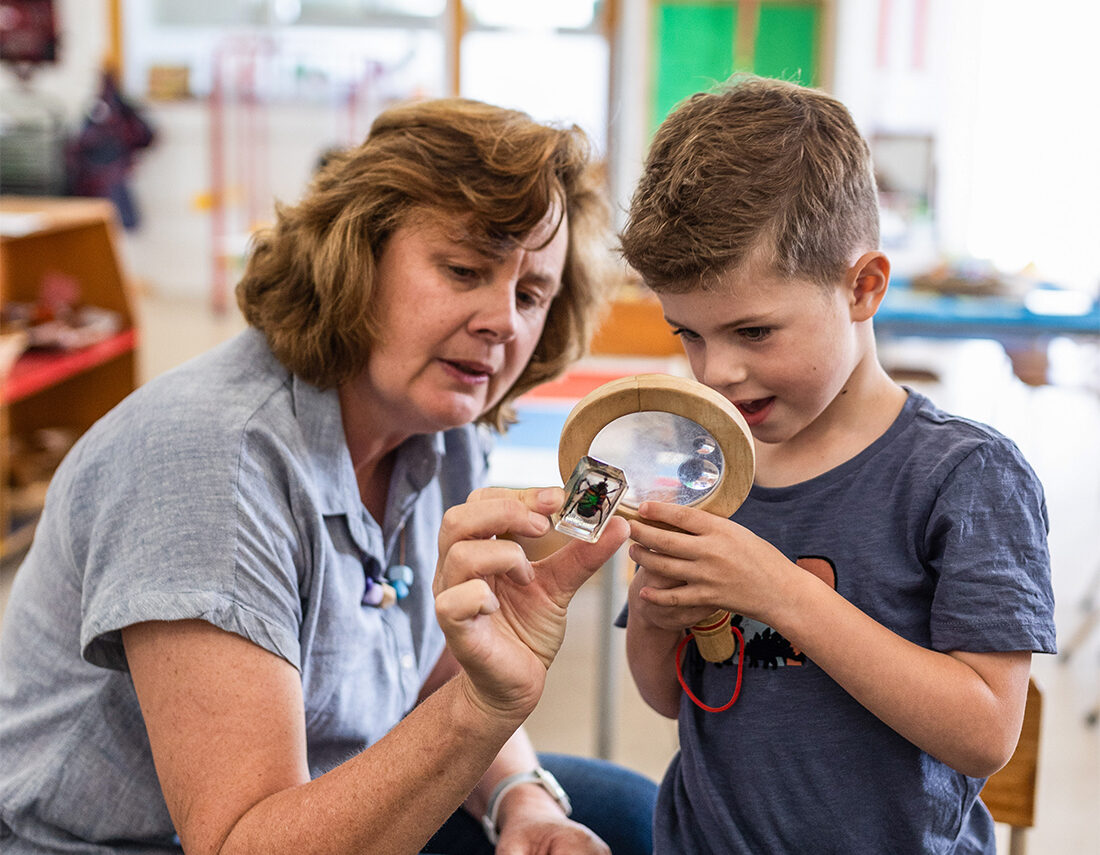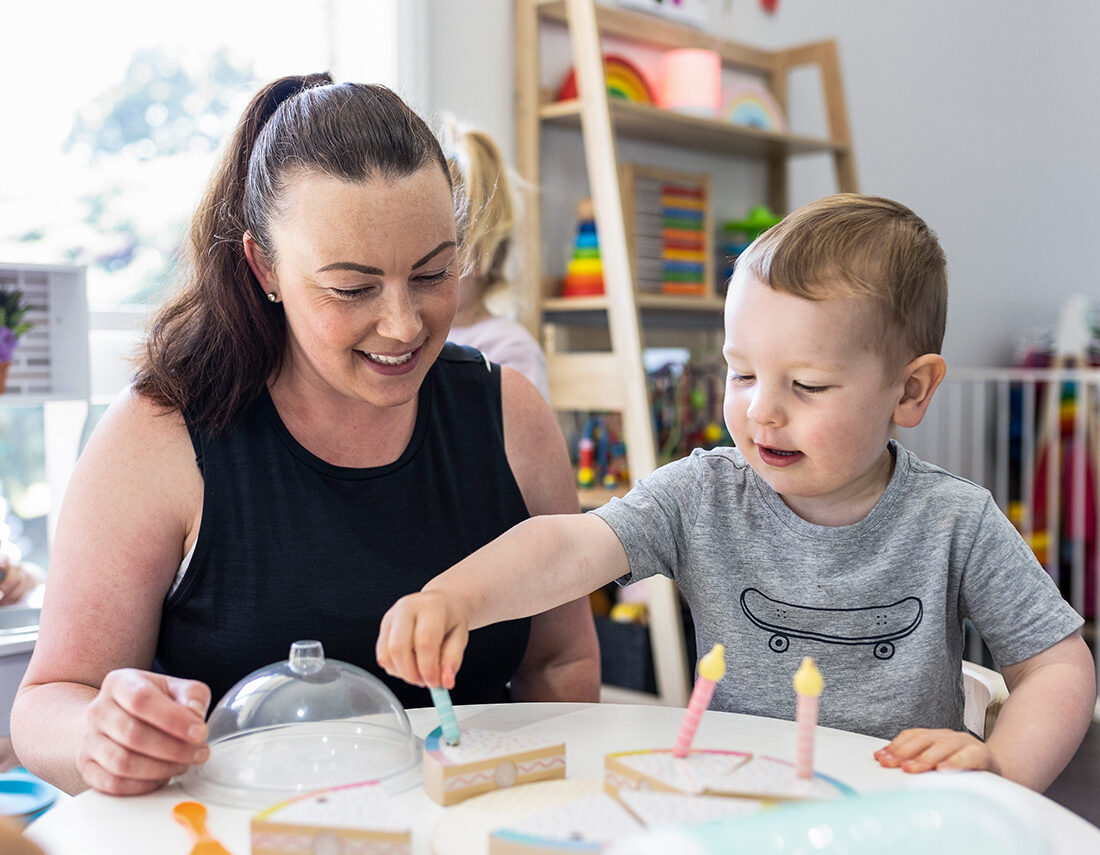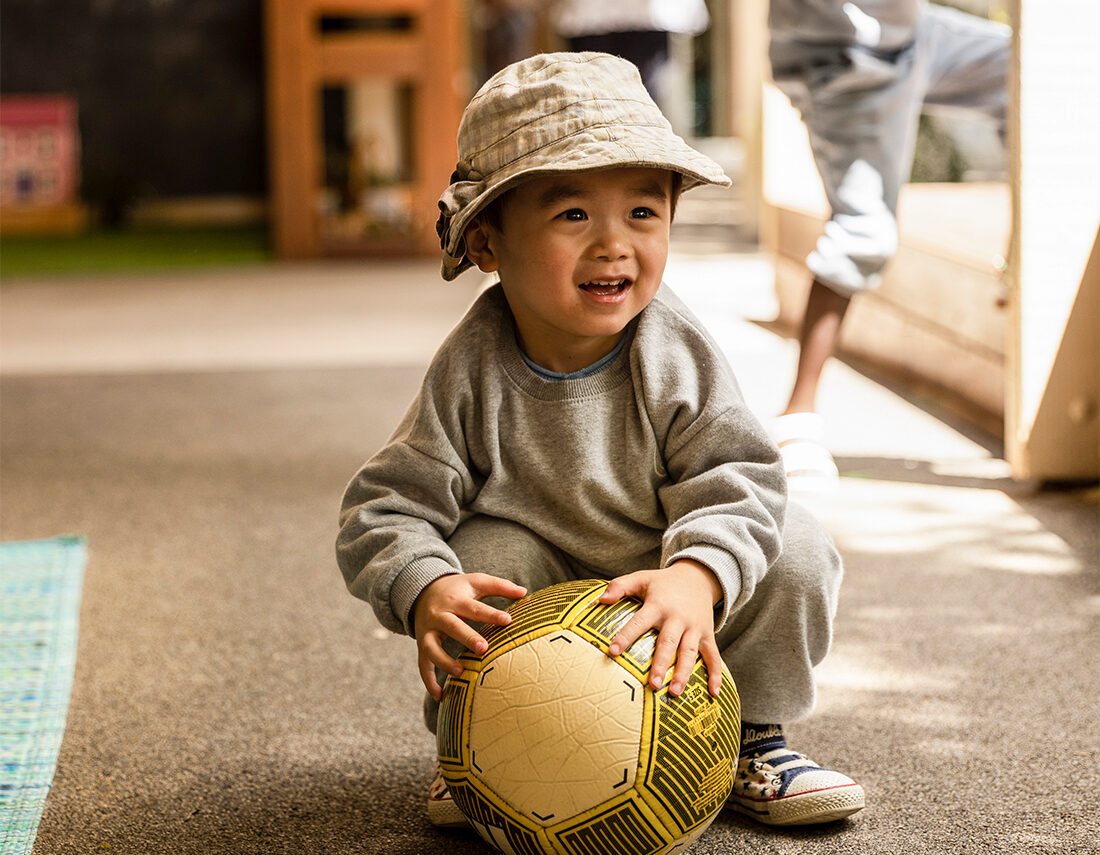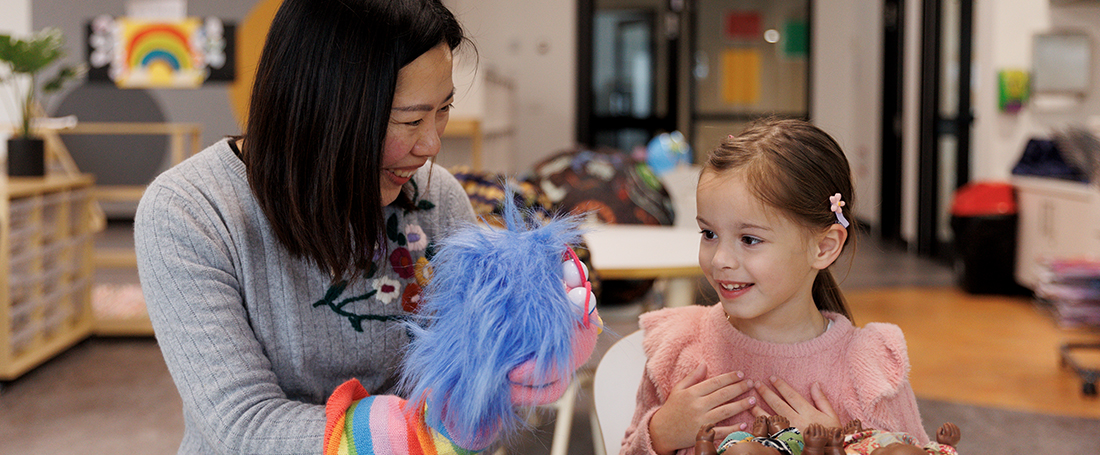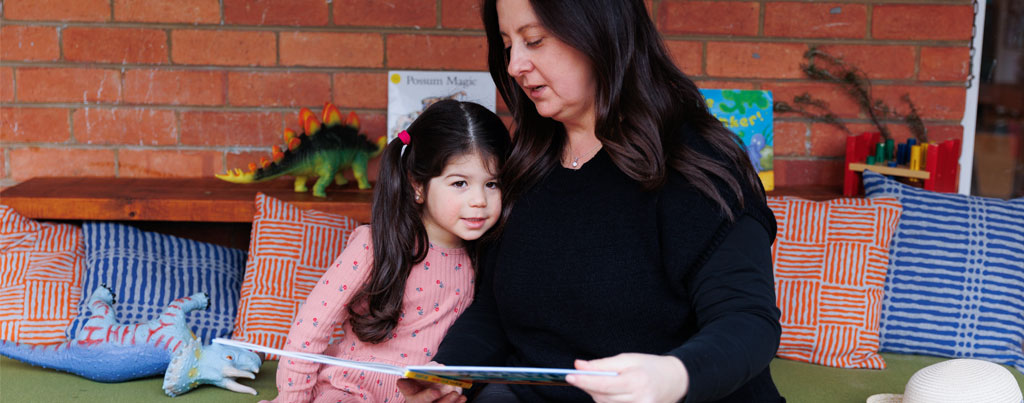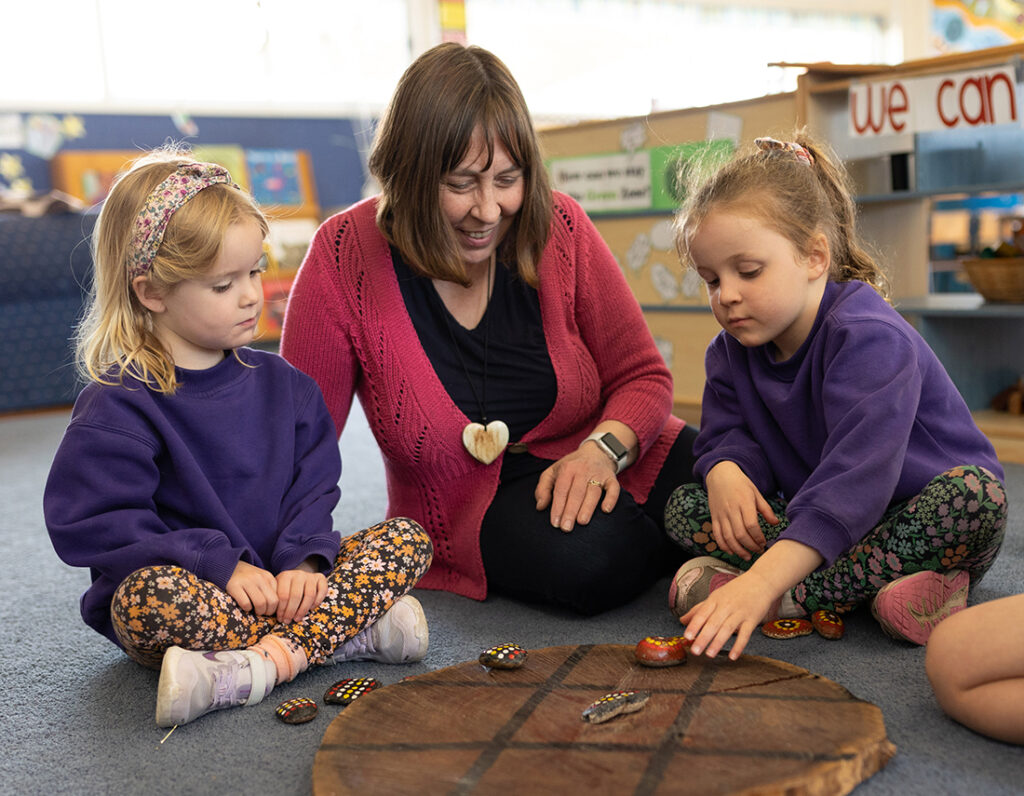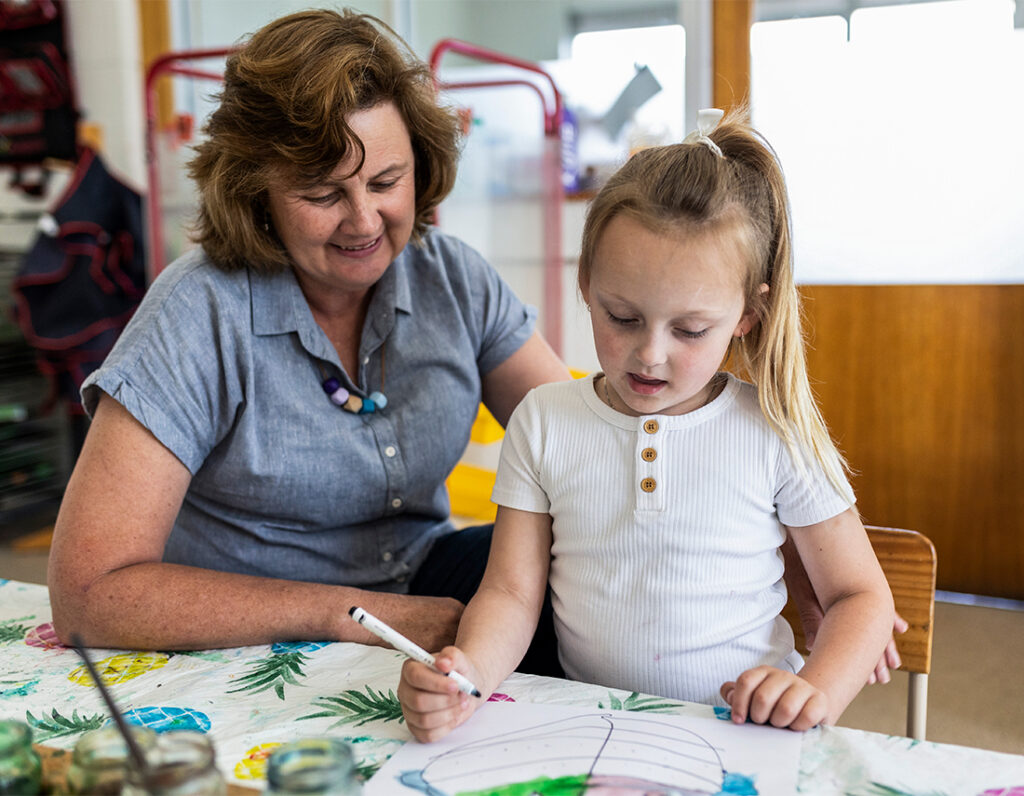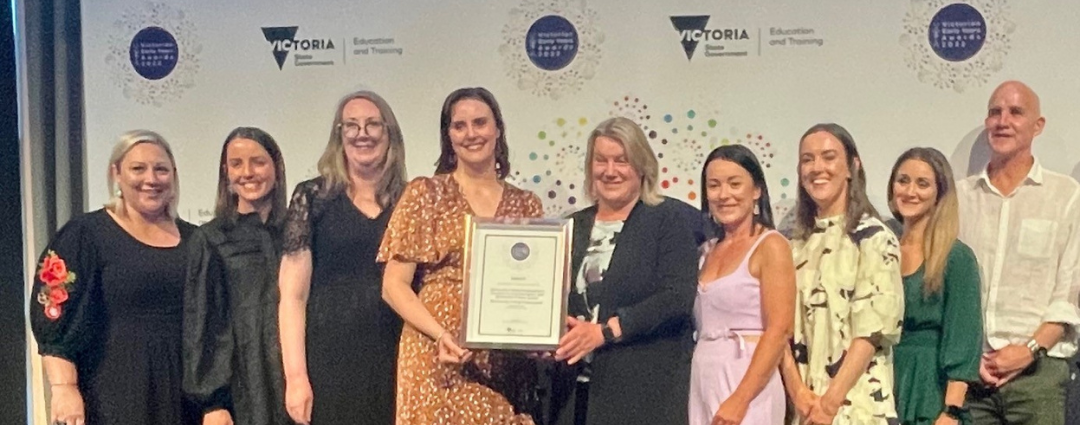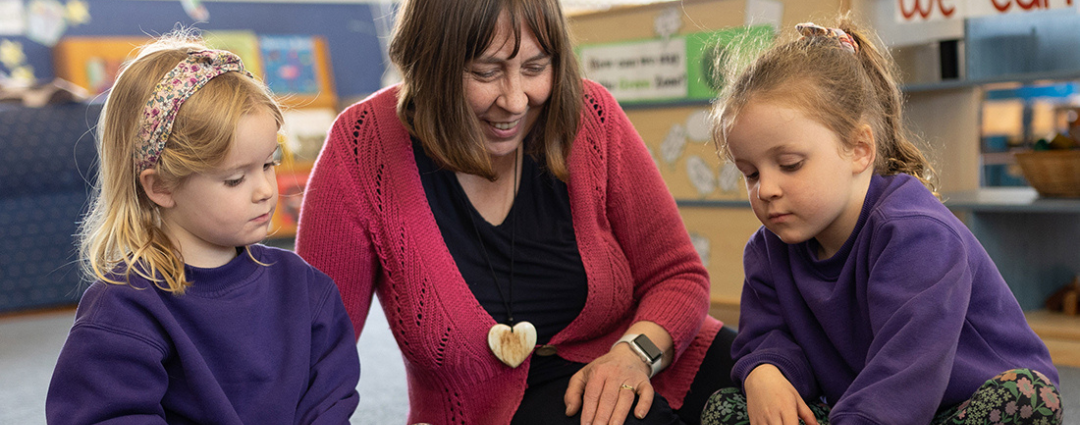We believe in the best possible start in life for every child.
Not-for-profit childcare, kindergarten, and early learning centres across Victoria and Tasmania.
Looking for early learning for your child?
Find your nearest service
Uniting Early Learning
Safe, nurturing and playful environments for children.
Our services
The latest news
Children’s compassion for the community.
When Louise introduced the Food for Families program to her students at Buninyong Uniting Kindergarten, she never knew how widely popular it would become among families.
The government’s recent increase to Child Care Subsidy (CCS) on July 10 is helping Thuy put her family through childcare. With her eldest son now in school, Thuy’s two youngest access a combined 80 hours of childcare a week at a Uniting early learning centre in Melbourne. “They love it …
The latest news
Empowering and connecting children post-COVID.
In the community
For most of us, the COVID-19 pandemic was anything but normal. However, for the children born during its wake, a life of lockdown is all they have ever known.
The latest news
Changes to Child Care Subsidy 2023.
From 10 July 2023, Child Care Subsidy (CCS) is changing. Most families using child care will get more subsidy.
Find out more
In the news
Children’s compassion for the community.
November 23, 2023
When Louise introduced the Food for Families program to her students at Buninyong Uniting Kindergarten, she never knew how widely popular it would …
The government’s recent increase to Child Care Subsidy (CCS) on July 10 is helping Thuy put her family through childcare. With her …
Empowering and connecting children post-COVID.
August 17, 2023
For most of us, the COVID-19 pandemic was anything but normal. However, for the children born during its wake, a life of lockdown is all they have ever known.
Changes to Child Care Subsidy 2023.
July 4, 2023
From 10 July 2023, Child Care Subsidy (CCS) is changing. Most families using child care will get more subsidy.
Early learning educators celebrated at the Victorian Early Years Awards.
November 22, 2022
Congratulations to our Early Learning educators who were finalists in this year’s Victorian Early Years Awards.
Higher child care subsidy coming soon.
February 17, 2022
If you have more than one child aged 5 or under in care, you may soon get a higher Child Care Subsidy …
